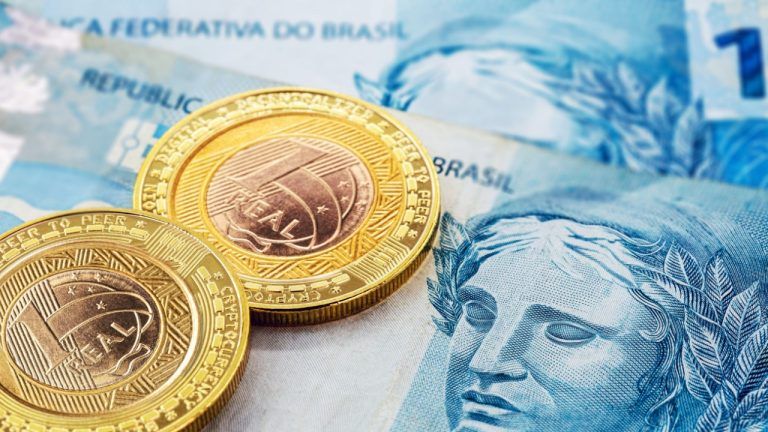In a recent discussion on CNBC’s Power Lunch, Mike Novogratz, CEO of Galaxy Digital, expressed his belief that Bitcoin could potentially reach a staggering $1 million per coin if institutional investments continue to surge. The cryptocurrency experienced a weekly high of $110,290 on Tuesday, but saw a decline of 4.5%, settling at $104,300 by Thursday. Nevertheless, it has recorded a 1.75% increase over the past week. Novogratz emphasizes that this trend is not merely speculative, citing the movement of funds from traditional assets like dollars and gold into cryptocurrency.
Institutional interest in Bitcoin is notably on the rise, particularly following the launch of BlackRock’s iShares Bitcoin Trust (IBIT) in January 2024 after receiving SEC approval. This fund provides large investors with a simpler means to invest in Bitcoin without the need to purchase the coins directly. BlackRock, which manages approximately $11.6 trillion in assets, has prompted other investors to take notice. Novogratz notes that wealth managers and pension funds are increasingly viewing Bitcoin as a macro asset, comparable to gold and the S&P 500.
Corporate interest in Bitcoin is also growing, with treasury companies adding it to their balance sheets and sovereign wealth funds beginning to follow suit. Retail investors are actively participating as well, aided by user-friendly trading applications and ETFs like IBIT. Several publicly traded companies, including Metaplanet, the Blockchain Group, GameStop, and the media arm of US President Donald Trump, have made significant Bitcoin purchases this year. These acquisitions contribute to the limited supply of 21 million coins, increasing the scarcity of each remaining Bitcoin.
Bitcoin’s supply cap of 21 million coins is embedded in its code, while gold boasts a market valuation exceeding $12 trillion, with an annual supply increase of approximately 1-2% through mining. Novogratz argues that younger investors may prefer a limited digital asset over physical gold. Although this shift is not guaranteed, the perception of Bitcoin as a store of value could enhance its attractiveness. Currently, with a market cap of around $2 trillion, Bitcoin has significant potential for growth, particularly if it approaches gold's market value.
Despite the optimistic outlook, challenges remain, particularly concerning regulatory developments. While the SEC has approved IBIT, future regulations regarding taxes and derivatives could pose obstacles. Bitcoin's price volatility also presents a risk compared to more stable assets like bonds or gold, as it does not offer dividends or interest. Additionally, reallocating another $10 trillion into cryptocurrency would require a substantial shift in investment strategies, which, while feasible, is not expected to occur swiftly. Novogratz likens Bitcoin's journey toward matching gold’s market cap to "a ball rolling down a hill," predicting that, over time, Bitcoin will not only match but surpass gold in value.











